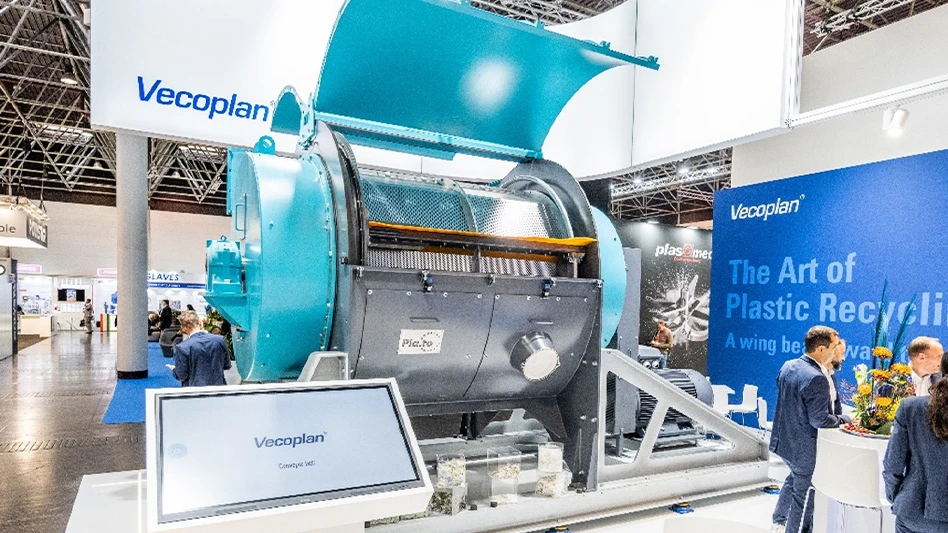The following editorial has been provided by Meps
In the Russian Federation, domestic metallurgical producers have been confronted with difficult decisions, such as how to deal with the inflow of low-cost Ukrainian imports and the problem of raw materials costs remaining at high levels. The latter is hindering the ability of Evraz, Severstal, NLMK and MMK to compete with Ukraine’s ArcelorMittal Krivoy Rog (AMKR). An escalation in price competition is unlikely to facilitate an improvement in sales volumes. Faced with the prospect of losses, Russian traders are continuing to destock.
Deteriorating sales volumes have finally forced Ukraine’s steel industry to lower its ex-works prices. The differential between domestic and export figures has narrowed, but it remains a controversial topic for end-users. Local traders have adopted a similar strategy to their Russian counterparts. The majority are now selling inventory at below cost to minimize future losses.
Challenging trading conditions have persisted in Turkey. Buying activity is traditionally dull in the run up to the Ramadan festival. Several domestic producers have reduced output and brought forward scheduled annual maintenance work. However, rising production costs have left many long product steelmakers in a difficult position. Attention has focused on the purchasing prices for various grades of ferrous scrap and billet. Ex-works selling figures for several construction steels have been raised.
Domestic bookings for flat products have remained at a low level. Erdemir has responded with lower basis values. Price competition in the hot rolled coil segment has risen since Colakoglu and Tosyali Holding began commercial production.
Overcapacity and the arrival of the monsoon season have affected Indian steelmakers. Higher inputs costs are squeezing margins. Flat product mills have denied that they will reduce domestic offers. End-users fear that Tata, Essar and JSW may actually raise their quotes for some forms of steel. A price increase would be contentious since purchasing activity is not expected to improve until late August. Demand for construction steel has dropped considerably since late June. The arrival of heavy monsoon rains has exacerbated the extent of the drop. Re-rollers have responded with capacity cuts. Sellers have continued to offer generous discounts and rebate terms.
Market sentiment in the United Arab Emirates is unlikely to rebound until September. Both domestic and import quotes for long products remain under pressure. With Ramadan fast approaching, traders and service centers have begun to adopt contingency plans. Orders for imported material are virtually zero. Several market participants have booked steel for delivery at a later date. Domestic producers have tried to stimulate buyer interest with lower ex-works offers for wire rod and reinforcing bar. Low cost imports remain a problem.
South Africa's Competition Commission has started a "preliminary" investigation into a decision by ArcelorMittal South Africa (AMSA), to impose a surcharge on its steel products. The steelmaker has reiterated that it does not believe that the Sishen surcharge contravenes the country’s Competition Act. The controversial extra has been reduced by R188 to R525 per metric ton, owing to a modest decrease in international iron ore prices. AMSA is believed to be reviewing the levy after reaching an interim price agreement with Kumba Iron Ore over its supply of iron ore from Sishen Mine (SIOC).
Brazilian steel quotations have retreated to June levels. Domestic flat product producers had planned to issue price increases in the range of 10-12 percent. These adjustments were abandoned. The industry is now considering lowering offers to stimulate buyer interest. Distributors are unlikely to resume significant bookings due to excessive stocks. The government failed to either cancel or lower its import duties. Long product prices were largely unchanged in July. Proposed price increases by ArcelorMittal, Gerdau and Votorantim were not accepted by end-users.
Market sentiment in Mexico weakened in July. Purchasing activity was softer than anticipated. High inventory levels have forced local steelmakers and distributors to ease their price demands for several steel products. The long product segments are expected to benefit from reconstruction work. The damage from the “Hurricane season” has been particularly severe this year. High on the priority list will be the repairing of the country’s infrastructure network. Meps
Latest from Recycling Today
- Equipment from the former Alton Steel to be auctioned
- Novelis resumes operations in Greensboro, Georgia
- Interchange 360 to operate alternative collection program under Washington’s RRA
- Waste Pro files brief supporting pause of FMCSA CDL eligibility rule
- Kuraray America receives APR design recognition for EVOH barrier resin
- Tire Industry Project publishes end-of-life tire management guide
- Des Moines project utilizes recycled wind turbine blades
- Charter Next Generation joins US Flexible Film Initiative





